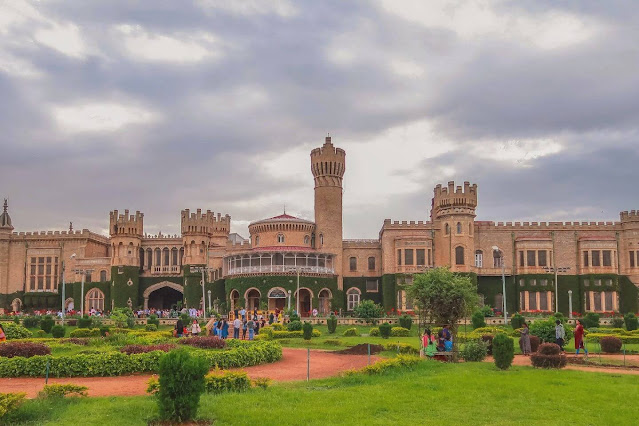Abu Dhabi Middle East Tourism
Abu Dhabi, the capital of
the United Arab Emirates (UAE), stands as a beacon of modernity, culture, and
luxury in the Middle East. Renowned for its stunning architecture, pristine
beaches, cultural attractions, and world-class hospitality, Abu Dhabi plays a
pivotal role in shaping the tourism landscape of the region. This paper delves
into the multifaceted importance of Abu Dhabi in Middle East tourism, exploring
its historical background, economic impact, cultural significance, tourism
infrastructure, marketing strategies, and sustainable development initiatives.
By examining various dimensions, this comprehensive analysis aims to highlight
Abu Dhabi's central role in driving tourism growth in the Middle East and its
implications for the global travel industry.
- Overview of Abu Dhabi
- Aim and Scope of the Paper
- Historical Background
- Brief history of Abu Dhabi
- Evolution of tourism in the Middle East
- Abu Dhabi's role in the region's tourism development
- Economic Impact of Tourism
- Contribution to GDP
- Employment generation
- Foreign exchange earnings
- Investment in tourism infrastructure
- Cultural Significance
- Preservation of cultural heritage
- Promotion of cultural events and festivals
- Museums, art galleries, and cultural institutions
- Tourism Infrastructure
- Accommodation facilities (hotels, resorts, etc.)
- Transportation networks (airports, roads, public transport)
- Entertainment and leisure facilities (theme parks, shopping malls, etc.)
- Marketing Strategies
- Branding and positioning of Abu Dhabi as a tourist destination
- International promotional campaigns
- Partnerships with travel agencies and tour operators
- Digital marketing initiatives
- Sustainable Tourism Development
- Environmental conservation efforts
- Community engagement and social responsibility
- Sustainable tourism practices in hospitality and tourism industry
- Challenges and Opportunities
- Competition from other tourist destinations
- Seasonality and climate challenges
- Opportunities for niche tourism segments (cultural tourism, eco-tourism, etc.)
- Future Outlook
- Growth projections for Abu Dhabi tourism
- Emerging trends in the tourism industry
- Strategies for sustainable and inclusive tourism development
Conclusion
- Summary of key findings
- Implications for Abu Dhabi's role in Middle East tourism
- Recommendations for future development and growth
References




Comments
Post a Comment